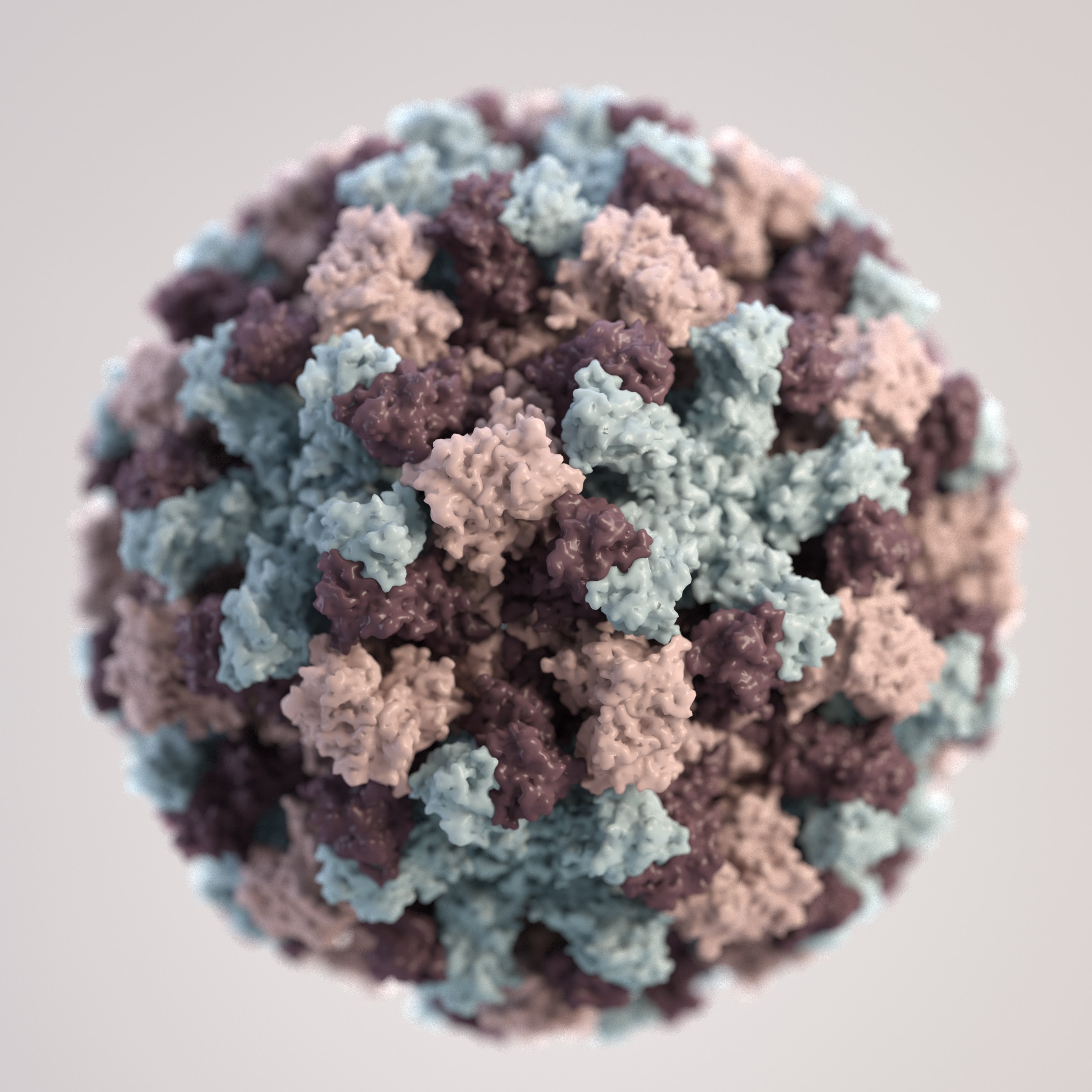Overview of Parkinson’s Disease
Parkinson’s is characterized by the gradual loss of dopamine-producing brain cells, leading to motor and non-motor symptoms. These symptoms significantly impact daily life.
Current Management of Parkinson’s Disease
Medication Treatments
Medications like Levodopa, Dopamine Agonists, and MAO-B Inhibitors alleviate symptoms by replenishing dopamine levels.
Surgical Interventions
Deep Brain Stimulation (DBS) involves implanting electrodes in the brain to regulate abnormal impulses and control symptoms.
Rehabilitation and Therapies
Physiotherapy, speech therapy, and occupational therapy enhance mobility, speech, and daily function in Parkinson’s patients.
Revolutionary Breakthroughs in Parkinson’s Management
Gene Therapy
Innovative gene-editing techniques aim to modify genes associated with Parkinson’s, potentially halting its progression.
Stem Cell Research
Stem cells offer promise by regenerating damaged brain cells, potentially reversing Parkinson’s effects.
Wearable Technology
Smart devices and wearables track symptoms, enhancing diagnostics and enabling proactive management.
Advanced Deep Brain Stimulation
Advancements in DBS techniques optimize treatment effectiveness and minimize side effects.
Emerging Trends
Personalized Medicine
Tailored treatments based on genetic profiles promise more effective and targeted therapies.
Telemedicine
Remote consultations and monitoring improve accessibility to specialists, benefiting patients worldwide.
Lifestyle Modifications
Exercise and Parkinson’s Disease
Regular exercise promotes mobility, balance, and overall well-being, positively impacting Parkinson’s symptoms.
Diet and Nutrition
A balanced diet rich in antioxidants and omega-3 fatty acids may slow disease progression.
Stress Management
Stress reduction techniques, like mindfulness and relaxation, aid in managing Parkinson’s symptoms.
Patient-Centric Care
Support Networks
Support groups and online communities offer invaluable emotional support and information exchange.
Caregiver Role and Support
Understanding caregiver roles and providing them with adequate support is crucial for holistic patient care.












